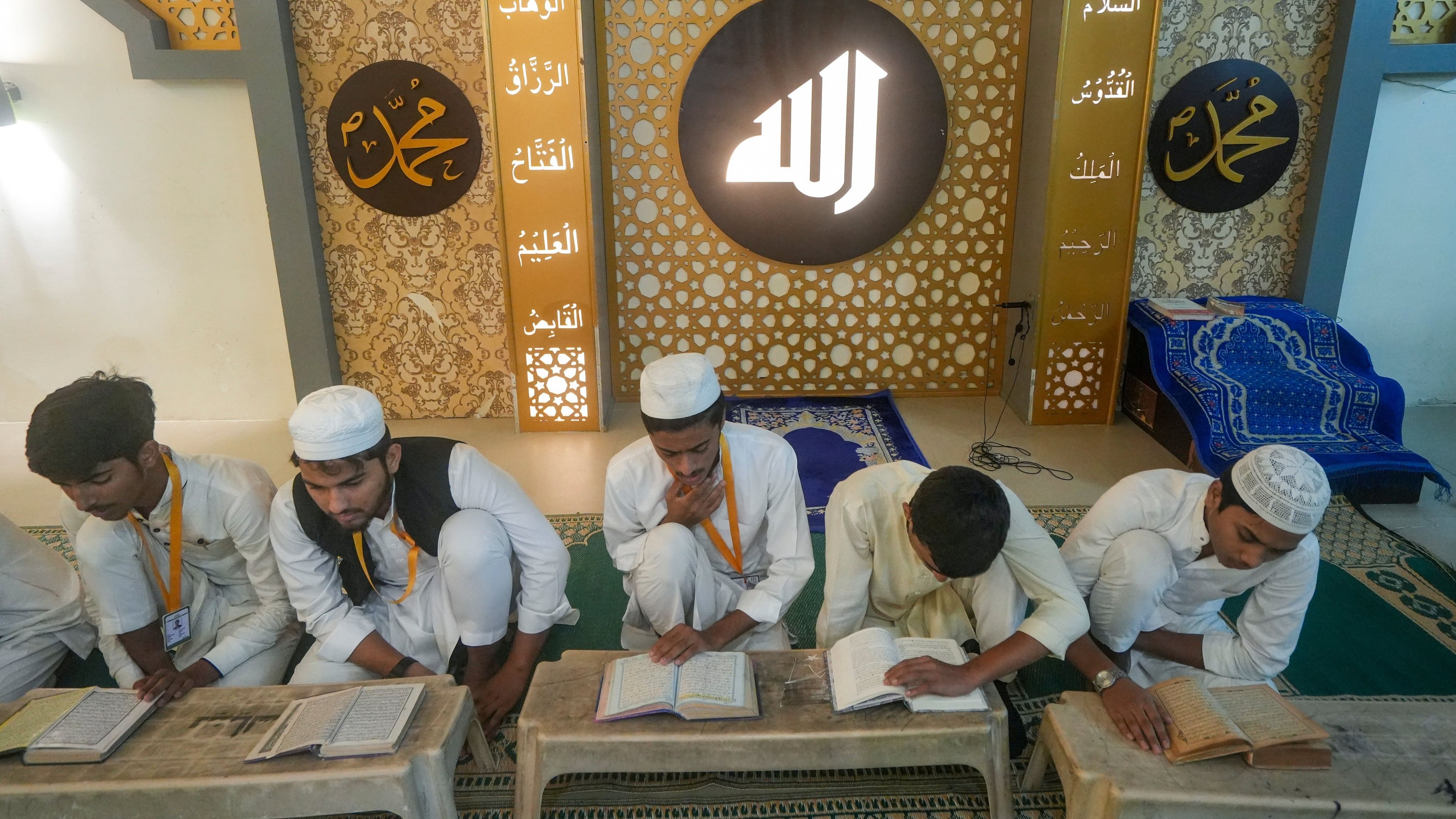
File photograph used for representational purposes only
Credit: PTI File Photo
The Supreme Court’s decision to uphold the constitutional validity of the Uttar Pradesh Board of Madarsa Education Act, 2004, is an affirmation of the rights of minorities and an assurance that secular principles, as they are widely understood, would be protected. The verdict of the three-judge bench is also important as there are a large number of educational institutions which are managed and run by religious bodies, including those from minority communities. The court has held that establishing madrasas is consistent with the constitutional right of minorities to set up educational institutions, but it has endorsed the need for a law to “regulate the standard of education” they offer. The madrasas in UP had been under threat after the Allahabad High Court scrapped the state’s Madarsa Act which regulated education in these institutions where modern disciplines are taught along with Islamic texts. The High Court said that these schools violated the constitutional tenet of secularism.
The High Court verdict had led to apprehensions that the lakhs of students studying in madrasas may have to be shifted to conventional schools and madrasas would lose their relevance. The Supreme Court has allayed them. It highlighted the important role played by the madrasas and pointed out that the 13,364 madrasas in the state provided education to more than 12 lakh students. The bench said that “while madrasas do provide religious instruction, their primary aim is education.” While the government has the responsibility to provide quality education to children, the right of the minority community to their institutions did not go against it. “Merely because an educational institution is run by a minority or even a majority community and professes some of its teachings does not mean that the teachings in such institutions fall outside the ambit of the term education,” the court said.
Madrasas have been under pressure not only in UP but also in other states, especially Assam and Madhya Pradesh. The National Commission for Protection of Child Rights (NCPCR) recently wrote to the chief secretaries of states and union territories, recommending the closing down of madrasa boards, stoppage of state funding to the institutions and enrolment of children studying there in ‘formal’ schools. The NCPCR said that the education imparted to children in madrasas is not ‘comprehensive’ or ‘proper’ and accused them of not complying with provisions of the Right to Education Act. This and the actions of some state governments cannot but be seen as a part of targeting the Muslim community and its institutions. The apex court’s judgement will help in countering the campaign against madrasas. The court has underlined their value and role in the country which it rightly described as a melting pot of cultures and religions.